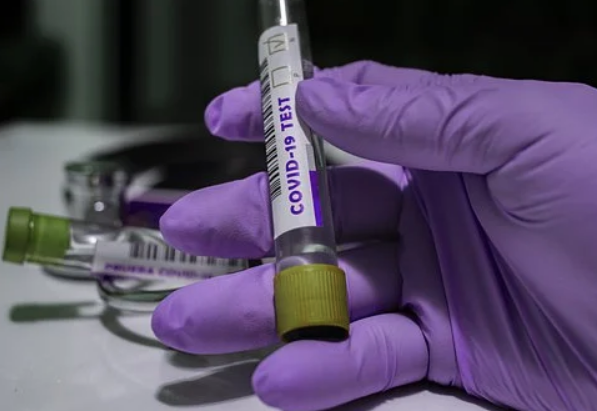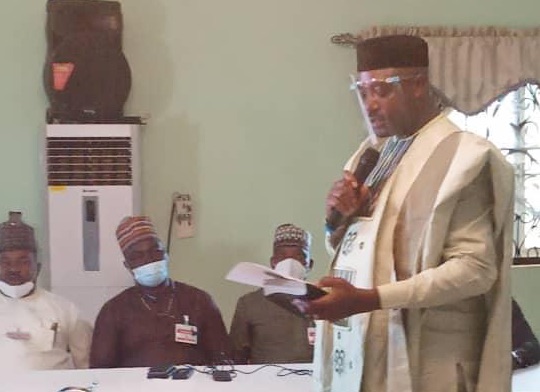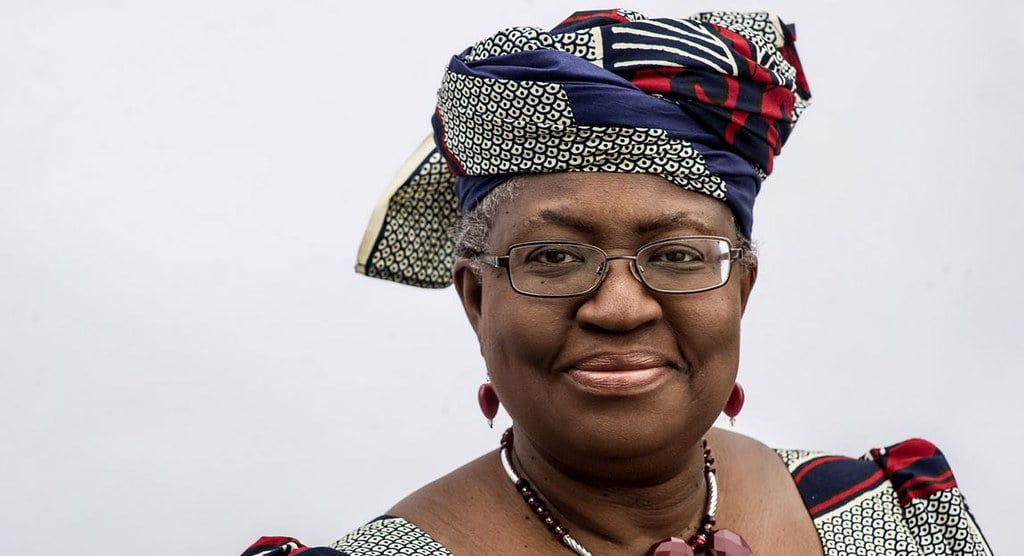With three new deaths, Nigeria’s COVID-19 infection tally crossed the 45,000 mark on Thursday as 354 new cases were confirmed in 16 states and the federal capital territory (FCT).
However, out of the country’s current total of 45,244 confirmed cases, more than 70 percent have recovered, signifying an improvement in the country’s numbers, although the presidential task force (PTF) on COVID-19 says it’s too early to relax.
A total of 265 new recoveries were recorded, and the number of discharged patients rose from 32,165 to 32,430, while the fatality toll increased from 927 to 930.
354 new cases of #COVID19Nigeria;
AdvertisementFCT-78
Lagos-76
Kaduna-23
Ebonyi-19
Oyo-18
Nasarawa-17
Rivers-17
Delta-16
Kwara-15
Akwa Ibom-13
Edo-12
Ogun-12
Plateau-11
Kano-9
Bauchi-6
Borno-6
Ekiti-645,244 confirmed
32,430 discharged
930 deaths pic.twitter.com/CEtNUyiHpC— NCDC (@NCDCgov) August 6, 2020
Advertisement
Meanwhile, as countries across the globe begin to relax restrictions, the World Health Organisation (WHO) has emphasised the need to build sustainable health systems.
Speaking at a media briefing on Thursday, Tedros Ghebreyesus, director-general of the WHO, called for more efforts to address health challenges and prepare the world against the possibility of a future pandemic.
“The events of the last seven months are a tragic reminder of the insecurity and instability that disease can cause. The COVID-19 pandemic has changed our world. It has stress tested our political, economic, cultural and social infrastructure. And found us wanting,” he said.
Advertisement
“It has pushed the limits of health systems both weak and strong, leaving no country untouched. It has humbled all of us.
“The world spends billions every year preparing for potential terrorist attacks but we’ve learned lessons the hard way that unless we invest in pandemic preparedness and the climate crisis, we leave ourselves open to enormous harm.
“While health has often been viewed as a cost, the first coronavirus pandemic in history has shown how critical health investment is to national security. And universal health coverage is essential to our collective global health security.
“Building back stronger health systems will require political will, resources and technical expertise in high- and low-income countries alike.
Advertisement
“That is why WHO’s highest priority is to support all countries to strengthen their health systems so that everyone, everywhere can access quality health services when they need them.”
Advertisement
Add a comment






